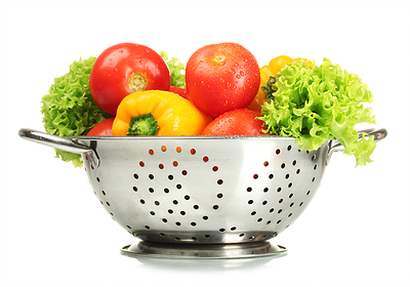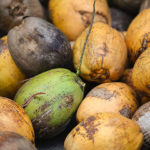 It’s time to talk about the “healthy” foods we eat. It’s true! You should be eating more fruits and vegetables for a nutritious and balanced diet. But, if you’ve been in the grocery store lately, you know the produce department is sprawling. And the truth is that the majority of produce offered at your local grocery store may contain potentially harmful residue.
It’s time to talk about the “healthy” foods we eat. It’s true! You should be eating more fruits and vegetables for a nutritious and balanced diet. But, if you’ve been in the grocery store lately, you know the produce department is sprawling. And the truth is that the majority of produce offered at your local grocery store may contain potentially harmful residue.
Pesticides are chemicals used to ward off pests from crops, helping to ensure farmers a larger yield when it comes time to harvest. Unfortunately, many of these pesticides have been linked to various forms of cancer and chronic illness. And washing your fruits and vegetables, although important, won’t do much to purge the insidious pesticide residue left behind on your produce.
So, this means that your “healthy” choice to eat more fruits and vegetables could ultimately jeopardize your health rather than improve it. While the amounts of pesticide residue usually left behind on conventional produce are usually well below the levels authorized by the FDA, the question remains, “How might the accumulation and periodic consumption of these pesticides affect health in the long-run?” Many health advocates, researchers, and professionals fear that, over time, this residue may have detrimental effects, leading to devastating health conditions…
One way you can avoid and reduce the amount of dangerous residue left behind by synthetic pesticides is to buy and use organic or 100% organic certified products. This certification ensures that the produce and products were made without the use of synthetic fertilizers and pesticides. Some organic products may contain natural pesticides, such as sulfur and copper, but these are far less likely to lead to the sort of complications linked with synthetic pesticides.












